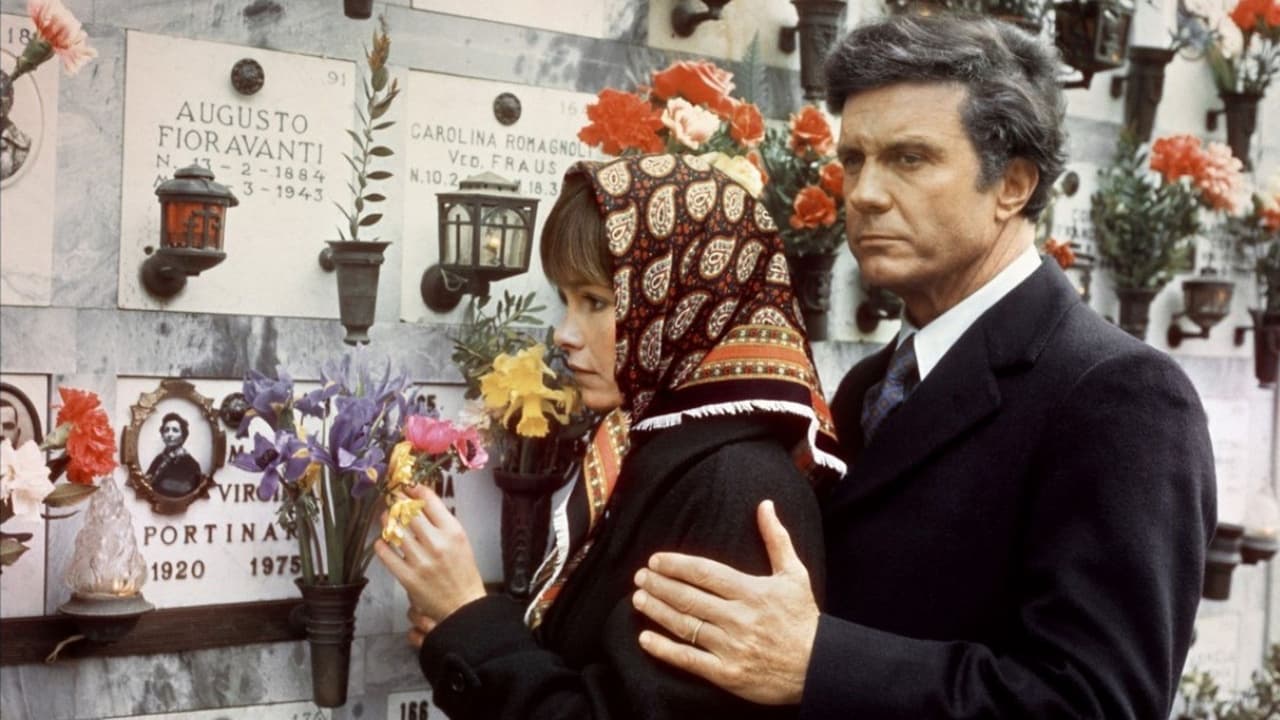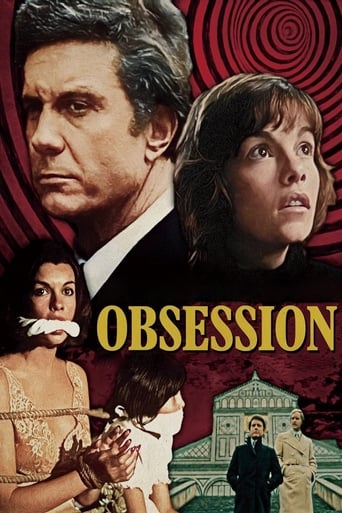

People are voting emotionally.
... View MoreWhile it doesn't offer any answers, it both thrills and makes you think.
... View MoreGreat example of an old-fashioned, pure-at-heart escapist event movie that doesn't pretend to be anything that it's not and has boat loads of fun being its own ludicrous self.
... View MoreThis film is so real. It treats its characters with so much care and sensitivity.
... View MoreThis had one of the baddest plots ever and you could see it coming from miles of. At a certain point about 40 minutes in you all ready know what the conclusion will be because it all obvious points to that. There is simply no set up for anything else so the story basically unfolds without any surprises and a very predictable ending.The characters make illogical decisions and there is a real lack of chemistry between them and some explanations are ludicrous like the nine year old girl that seems to forget her former life because its convenient to the script.Movie has a lot of these examples and most of the time just drags one for that "shocking moment" at the end which it does not deliver because you all ready know that.A later movie from De Palma "raising Cain" which has some of the same subject matter is a far better movie than this both visually and plot wise so your better of watching that.This was compared to Hitchcock but while his movies will stand the test of time this one from De Palma shows he still had a lot to learn about story telling.He got it eventually but he can write this one of as a fail.
... View MoreBrian De Palma has never denied that his main influence is the work of Alfred Hitchcock, yet, his early movies especially, have often been unfairly dismissed as rip-off's. This, of course, is simply not true, and I argue that De Palma allow his films to flourish with his own sense of style and intrigue, while closely following themes that the great master observed himself. Of all his more Hitchcockian productions, Obsession is one his least remembered when compared to the likes of Dressed to Kill (1980) or Body Double (1984). It's certainly one of De Palma's more ludicrous and often outright barmy films, but there is much to enjoy here in a guilty sort of way.In 1959, wealthy real estate developer Michael Courtland (Cliff Robertson) receives a ransom note demanding $500,000 in cash for the return of his wife and daughter. The police are notified, and following a botched arrest, his wife and daughter are killed in a getaway car. Fifteen years later, Michael, who seems to exist in a state of reserved grief, arrives in Florence with his friend and business colleague Robert Lasalle (John Lithgow) to tie up a land deal. While visiting the church he met his wife years before, he meets a young painter named Sandra (Genevieve Bujold) who is the exact doppelgänger of his dead wife.For all its frequently ridiculous and quite predictable twists and turns and overwrought melodrama, Obsession succeeds thanks to some stylish direction from De Palma and Bernard Herrmann's lavish, Oscar-nominated score. You can see the ending a mile away, but it does include a nice twist that borders on the repulsive, and with Robertson's subdued performance and Lithgow's reliable charismatic sidekick, the film never becomes quite as silly as it really should be. The main influence here is obviously Vertigo (1958), but retains none of the psychological mystery of Hitchcock's masterpiece, taking a more direct thriller route instead. Don't expect any plausibility (even the most absent-minded viewer could pick apart the plot), but if you can put this aside - or even welcome it - Obsession is a memorable little thriller that is surely due a small revival.www.the-wrath-of-blog.blogspot.com
... View MoreOBSESSION, Brian de Palma's answer to Hitchcock's VERTIGO, is the most disappointing film I've seen from the director yet. Despite his steadfast direction and some not-bad performances from the central actors, this is a huge letdown of a film, purely due to the film-flam nature of the storyline. The truth is that it just doesn't hold together under close scrutiny. The whole plot hinges on a conspiracy of sorts which is so ridiculous, so unbelievable, that it could only appear in a movie.The story opens with ageing Hollywood heartthrob Cliff Robertson losing his wife and daughter during a kidnapping attempt. So far, so good. Unfortunately, the story then cuts to twenty years later and loses any of the focus or interest it had previously generated. It becomes a cheesy, '70s-era romance that goes nowhere, taking an age to build to that aforementioned ridiculous climax that asks the audience to swallow a wholly unbelievable plot. It's impossible.Robertson is passable as the lead actor, but he never lights up the screen in the way a Stewart, Grant or Peck would have done. He's definitely second-rate material. Genevieve Bujold, as the subject of his affection, is better, but not as good as Margot Kidder in de Palma's previous SISTERS. John Lithgow is a disappointment in the acting stakes, especially given his performance in the much better BLOW OUT. All in all, this is the most disappointing de Palma film I've watched yet, at least up until his work in the mid-'90s.
... View MoreIn 1959, in New Orleans, the businessman Michael "Mike" Courtland (Cliff Robertson) celebrates the tenth wedding anniversary with his beloved wife Elizabeth (Geneviève Bujold) with a party in his manor. Late night, Elizabeth and their daughter Amy are abducted and the kidnappers leave a note asking the ransom of US$ 500,000.00. However Mike calls the police but the rescue operation is a mess. When the criminals are pursued, there is a car crash and it explodes. Mike blames himself for the death of Elizabeth and Amy and builds a memorial in the location of the accident.In 1975, Mike travels with his partner Robert Lasalle (John Lithgow) to Florence in a business trip and when he goes to the church where he first met Elizabeth, he sees the worker Sandra Portinari (Geneviève Bujold) that is working in the restoration of a painting of Madonna and is a dead ringer of Elizabeth. Mike becomes obsessed in Sandra and dates her. When Mike travels back to NOLA, he brings Sandra planning to marry her. However, Sandra is also kidnapped and Mike finds a ransom note identical to the one he received when Elizabeth was abducted. Now Mike believes that destiny has given a second chance to him and he does not want to blow it. "Obsession" is an average thriller by Brian De Palma with a messy and chaotic screenplay. The greatest problem is the lead actor Cliff Robertson that keeps a wooden face with the same expression and never convinces. The plot is also silly and weak since Bob has waited fifteen years to lure Mike and take his real state. The incestuous romance between Mike and Sandra is also lame since she could be a "good catholic girl", but she certainly has had intimacies with her father in the name of revenge. Last but not the least, this is the first feature of John Lithgow, who has always been doomed to be the villain. My vote is six.Title (Brazil): "Trágica Obsessão" ("Tragic Obsession")
... View More